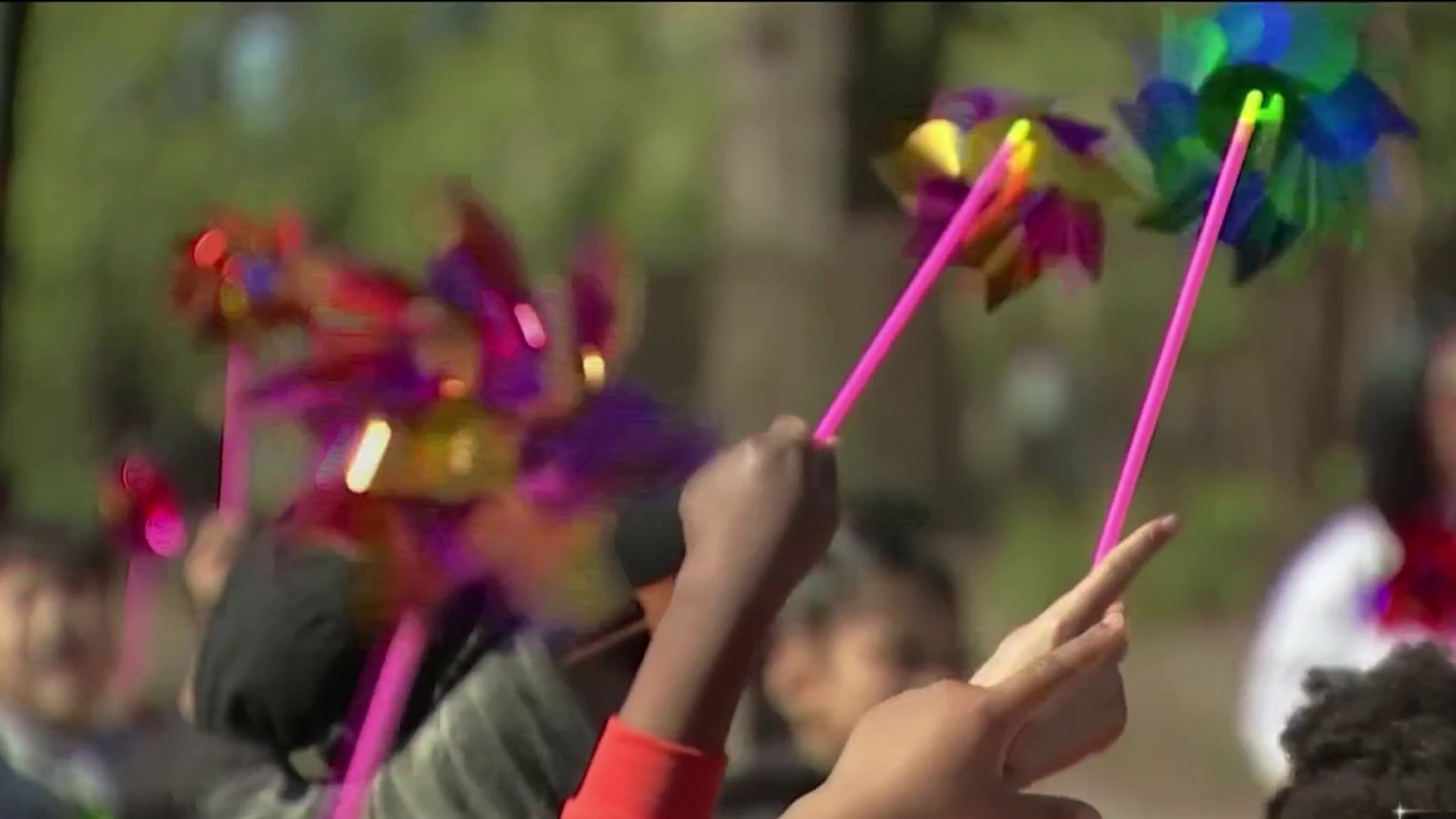Scott Wagner, a York native who made a fortune in the sanitation business, won the Republican primary for Pennsylvania governor and will challenge incumbent Gov. Tom Wolf in November.
Fellow Republican Lou Barletta, a U.S. representative from northeast Pennsylvania who had been backed by President Trump, won his primary for U.S. Senate. He will face off against Democratic incumbent Bob Casey.
For Democratic challengers, the biggest win came in the primary for lieutenant governor, where a small-town mayor from western Pennsylvania surprised incumbent Mike Stack, a longtime Northeast Philadelphia politician.
John Fetterman, a 6-foot-8-inch-tall mountain of a man with a Harvard pedigree who took Pennsylvania politics by storm in a U.S. Senate run two years ago, upset Stack while beating out three other challengers.
He will face off against the Republican nominee, Jeff Bartos, a businessman who beat out three other candidates.
Fetterman has served as mayor of the Rust Belt borough of Braddock since 2005. He recently received the endorsement of former presidential candidate, U.S. Sen. Bernie Sanders, which added momentum to his progressive platform.
Voters in southeastern Pennsylvania also picked candidates for Congress, and the state is expected to be a battleground in November as Democrats try to wrest control of the U.S. House and possibly the U.S. Senate from Republicans.
Local
Breaking news and the stories that matter to your neighborhood.
It was the most crowded field of congressional hopefuls in more than 30 years. Three of the 11 candidates on the ballot in Pennsylvania's 5th Congressional District had not even been born the last time there were this many people running for office in a state mid-term election.
Check NBC10.com's Live Election Results page here for continuous updates of Pennsylvania's races.
Incumbent U.S. Reps. Dwight Evans and Brendan Boyle were the first declared victors in the Pennsylvania mid-term primary election Tuesday night. Both were heavy favorites in the 2nd and 3rd district Democratic primaries, respectively. Evans will face Bryan Leib while Boyle will face David Torres.
Incumbent Brian Fitzpatrick won the race for the GOP nomination for the U.S. House from the 1st Congressional District, beating challenger Dean Malik, who had aligned himself with Trump.
State Rep. Madeleine Dean, a Democrat who represents a portion of Montgomery County, won her primary in the 4th Congressional District.
She is one of eight women -- so far -- vying for Congressional seats from Pennsylvania. The Commonwealth currently doesn't have any women representing residents in Congress.
The 5th District is sure to send a woman to Congress: Mary Gay Scanlon beat nine other candidates to win the Democratic nomination, while Pearl Kim was unopposed for the Republican nomination.
Also in Southeastern Pennsylvania, former Allentown solicitor Susan Wild won the Democratic nomination for the 7th Congressional District, narrowly beating out Northampton County District Attorney John Morganelli.
In other contested races, Denny Wolff won the Democratic nomination for the 9th Congressional District, while Dan Meuser won the Republican nomination.
One race in the area remained too close to call at midnight: The two men running for the GOP nomination in the 7th District, Marty Nothstein and Dean Browning, were separated by about 300 votes.
All 203 state House seats and 25 of the 50 Senate seats are up for election this year, and Democrats have prepared intense campaigns to try overturning Republicans' strong majorities in both chambers.
The primary was a culmination of the dizzying effects to a complete overhaul of the state's congressional district map. The state Supreme Court ruled the old map was gerrymandered, threw it out, then drew their own.
The lead-up to the May 5 election left many incumbents dropping out, switching races or defending against challenges from within their own party.
Meanwhile, the #MeToo movement and disgust with President Donald Trump contributed to a historic number of women jumping into the political arena.
Twenty-three women ran in 13 of the 18 districts, according to the Rutgers University's Center for American Women and Politics.
Primary day saw severe storms throughout the state. Pennsylvania's acting secretary of state said they were "very challenged with severe weather."
At least 12 counties reported power outages. In Carbon County, they needed a new location for polling because of power issues.
There were also reports of local roads closed because of storm damage.
The hours at one polling site in Monroe County were extended because of a gas leak.
In Elk and Wyoming Counties, they’re still struggling to get power back on to do post-election reporting.
Looking ahead to the November election? Here's some information:
How do I vote?
It’s not too late to register for the November general election. The first day to apply for absentee ballot for the general election is Sept. 17. The last day to register to vote in person in the general election is Oct. 9. Meanwhile, the last day to apply for absentee ballot for general election is Oct. 30.
To find your voting precinct, visit the Pennsylvania Department of State website and enter your address.
How do I register to vote?
Save time and money by registering online for the November general election. You don’t need a stamp or gas to do so. Just log on and click here to register. If you’re not sure whether or not you already registered, click here to check your status.
Why did so many people run?
Thank the Pennsylvania Supreme Court for the chaotic cluster that became the midterm elections. In February, just one month before the deadline for candidates to declare their intention to run, the state’s highest court threw out the old congressional map and replaced it with a new one. The remedial map dramatically changed the shape and size of congressional districts, and forced many candidates to rethink their campaigns. Some decided to run in a completely district. Other simply dropped out. And many more saw wide open seats in districts that never existed before.
To understand the whole saga, read our explainer here.
Do I need any identification to vote?
If you have voted at your polling location before, you do not need to bring ID to vote. Only voters who are voting for the first time in their election district need to show ID. Acceptable IDs for first-time voters:
- Driver’s license
- U.S. passport
- Military, student, or employee ID
- Voter registration card
- Firearm permit
- Current utility bill, bank statement, paycheck or government check
- Any ID issued by the commonwealth or federal government
Note: An ID without your photo must have your address on it.



